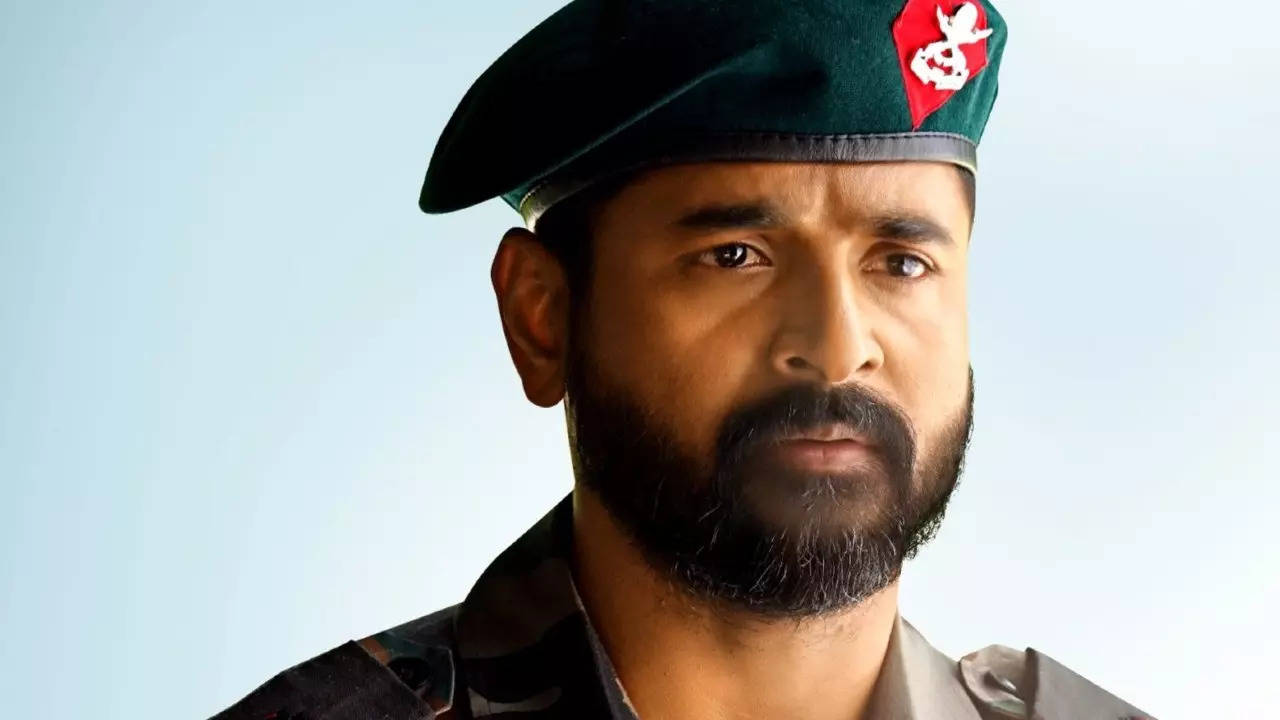T20 World Cup 2021: Daryl Mitchell's unconventional journey from rugby to cricket pitch
T20 World Cup 2021: Daryl Mitchell's unconventional journey from rugby to cricket pitch

John Mitchell is one of the world’s most prominent rugby coaches. He has coached top club sides in England, Australia, New Zealand and South Africa as well as having been head coach for the All Blacks. He has a solid record as a coach, but has not always enjoyed an ideal relationship with the rugby media. This has often led to his quotes becoming ironic memes.
The most famous of those was after a loss in 2002 where he said “we’re on a journey.” He was using that as a metaphor for the fact that the team might not win every match, but they were making progress towards the end goal of the World Cup.
From that point on, the phrase “we’re on a journey” was rolled out mockingly by some members of the media after every poor performance. They did not have too many opportunities, however, with New Zealand only losing 4 matches under Mitchell’s stewardship.
For most of Mitchell’s reign as coach, the captain of the All Blacks was Reuben Thorne. Thorne was known for working hard and doing the things that most people did not notice. He was once dubbed “the hide and seek champion of the world” for his ability to play 80 minutes on a rugby field without anybody noticing him do anything. However, his teammates and coach certainly noticed the work that he was doing.
While the focus was on what Mitchell was teaching the teams that he was coaching, at the same time those teams were teaching something to another Mitchell.
John’s son, Daryl used to watch the players going about their business. He learned which players had the habits that led to success, and which ones did not. He watched the best and most professional players going about their business. And he learned.
He learned what it meant to be a professional athlete. He learned how to deal with pressure. He learned how to prepare for success. Those lessons would become very useful years later.
When Mitchell Sr. got the opportunity to coach the Western Force in Perth, the family moved over, and Daryl started to play cricket quite seriously. When he was 20 he had been playing senior cricket and decided to move home to try his hand in the city of Hamilton where he had grown up.
He soon made the Northern Districts team, and developed into a handy, if initially unspectacular, batting all rounder. He was considered mostly a first class batsman. In his first six years with Northern Districts and Canterbury he played only four T20 matches. However, he started to show his worth with the bat in 2017. He started to develop a reputation as a finisher, both with the bat and the ball.
One notable thing with the way that Northern used him was that he would often bowl only the final over. He was able to handle pressure better than the other bowlers. He did not have the raw pace, or pure natural ability of some of the other bowlers, but he could be counted on to deliver.
He was often batting at number 5, with his main role being to see the team through to a big score by allowing the hitters to bat around him.
He could hit big himself, and he did hit a number of sixes, but his main role was to build innings as a batsman rather than just come out as a pure hitter.
When he was first picked for New Zealand this was the role that he seemed to be asked to do. He was involved in a few big partnerships with the likes of Ross Taylor, Colin de Grandhomme and Mitchell Santner where he spent most of the partnership at the non-striker's end. His job was to make sure they had the strike, and he did it well.
That sort of role is important, but often invisible. The player who hits the sixes is the hero, the one who sets up the platform often looks sluggish in comparison. But managing the strike is actually a very important role, and one that Mitchell did very well.
In some ways it is a role reminiscent of what Reuben Thorne did for the All Blacks under his father. Daryl Mitchell did the things that nobody noticed to allow others to be the star.
When he was made an opener for the warm up matches for the T20 World Cup, there was some murmuring from New Zealand fans. There are five players in the New Zealand squad who have had experience (and some considerable success) opening the batting in T20 matches. Daryl Mitchell was not one of them.
But the coach saw something that others could not, and against England, Mitchell showed us what a good call it was.
Mitchell created a platform first for Devon Conway to score. Then he created a platform for Jimmy Neesham to score. When Neesham was dismissed, Mitchell had scored 53 out of the team’s 147. The players at the other end had contributed almost twice what he did, but he had also faced significantly fewer deliveries. He had provided a platform for them to succeed.
Now, however, it was his turn to step up. He needed to be the one to take on the pressure and deliver now.
6 balls later the match was over. Daryl Mitchell walked off a hero.
A journey that had begun as a young boy watching great sportsmen deal with pressure had progressed to the point where he was the one dealing with pressure, and doing it at the highest level.
What a journey it has been.
Michael Wagener is a cricket tragic from New Zealand. He discovered early on that he would never be an expert at playing cricket, so set out to be an expert at watching it.



 Admin
Admin 








































